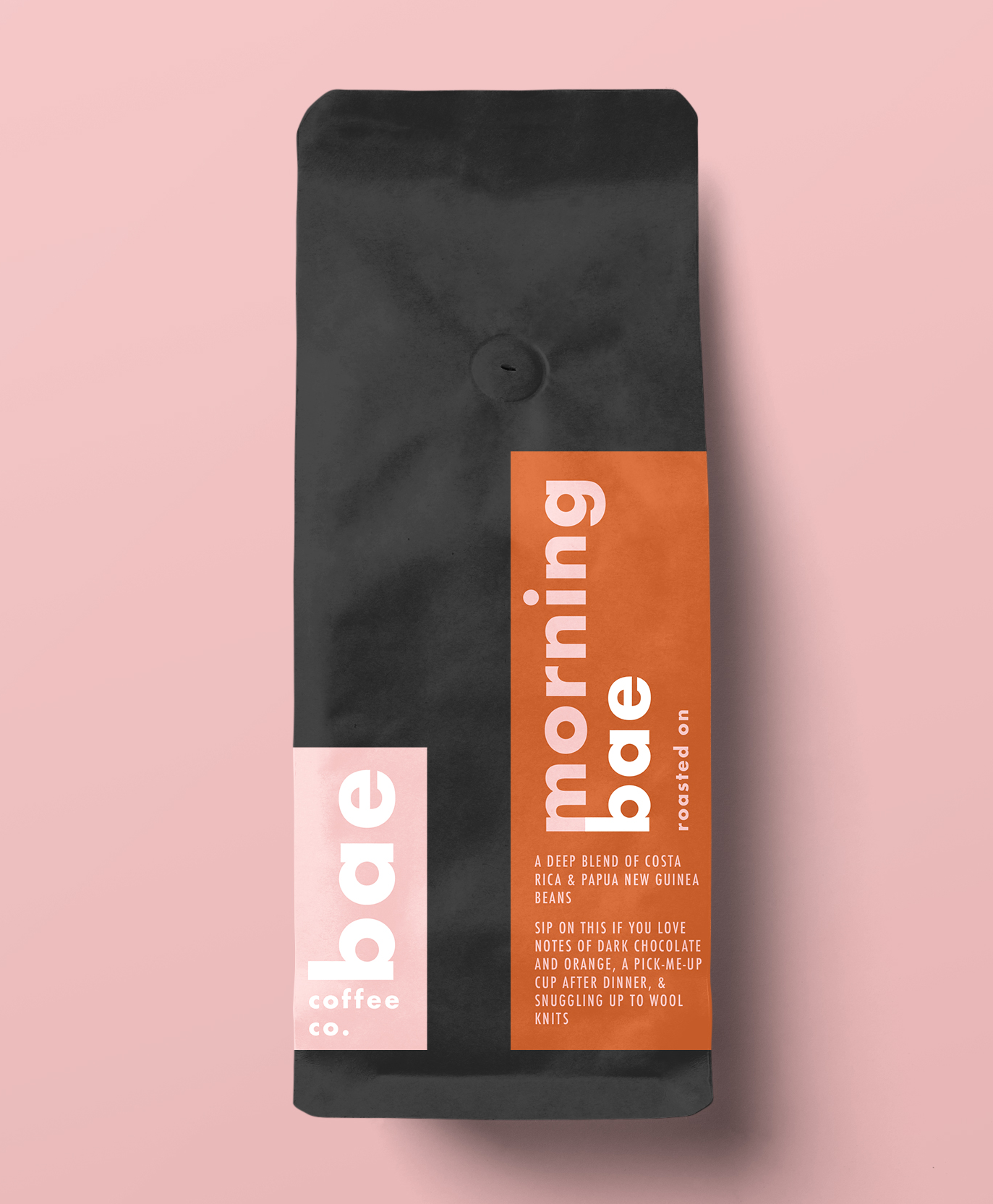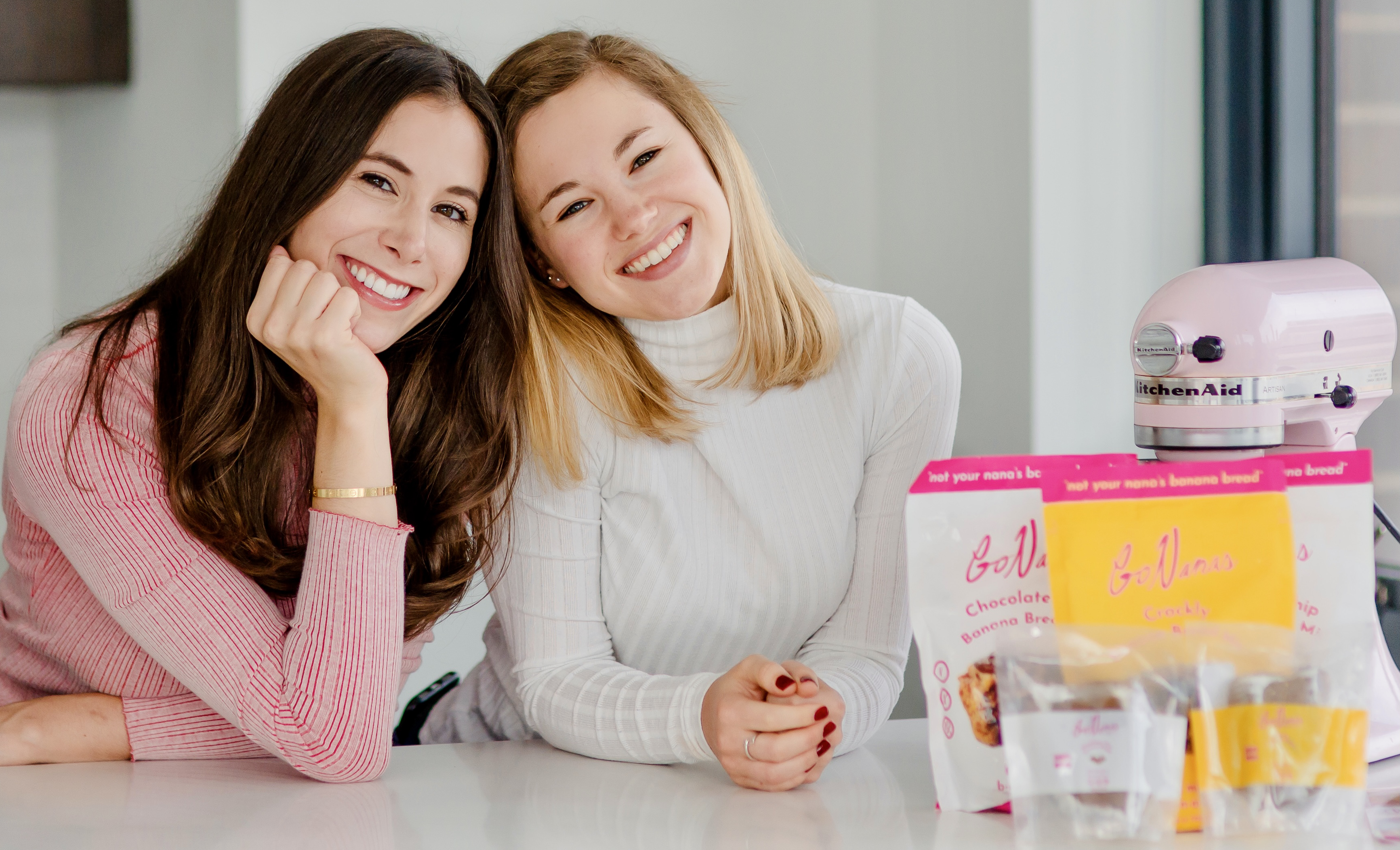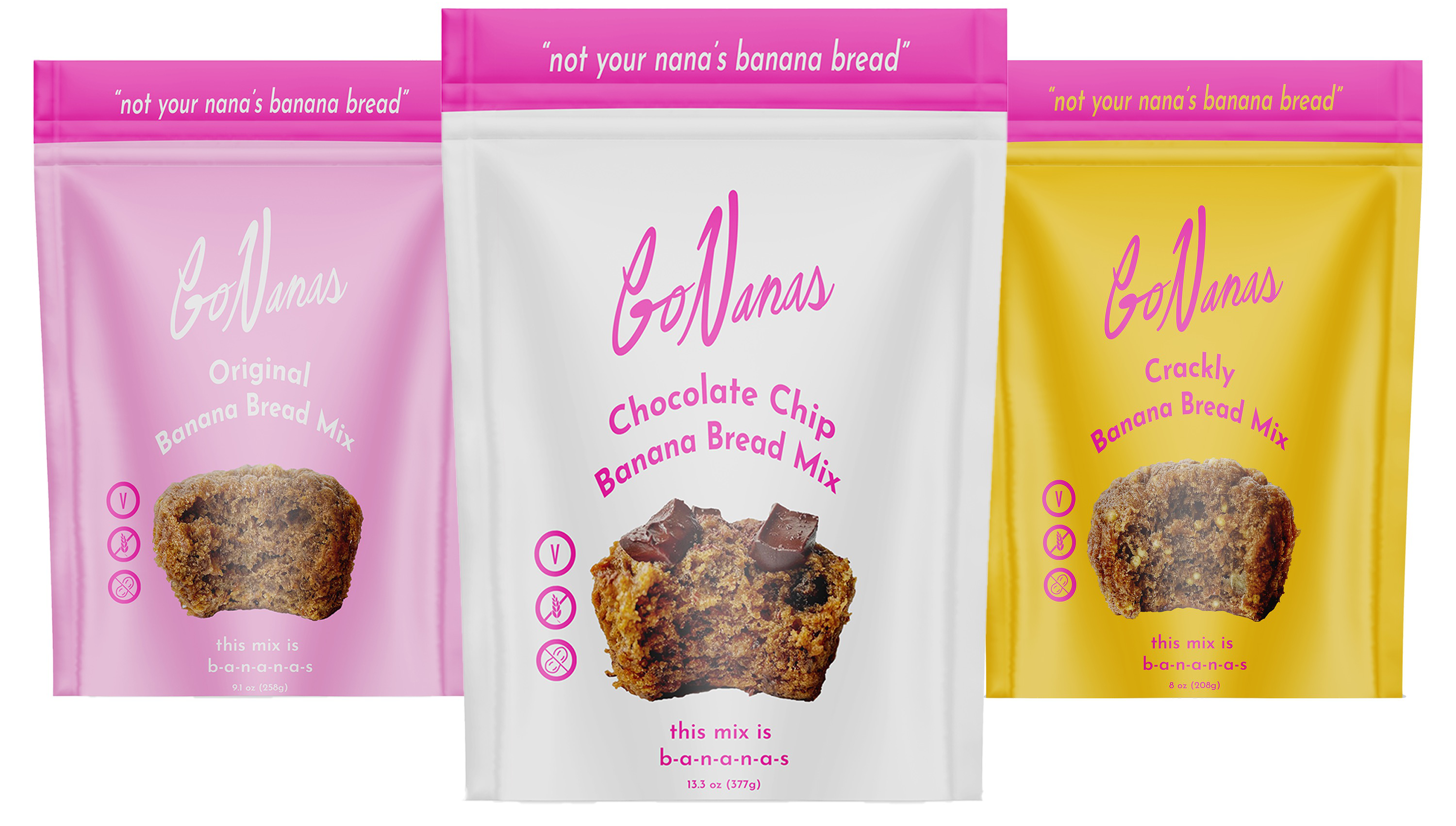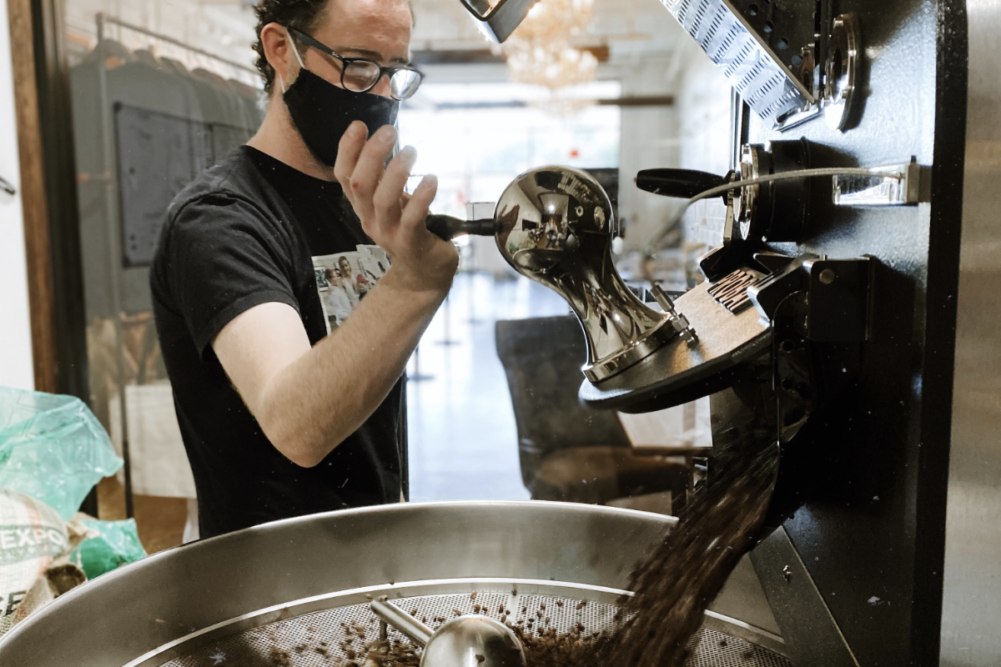CHICAGO — When Alicia Zyburt, a creative director in the hospitality channel, and her husband, Devon Owens, a chef in the Chicagoland area, had their four-month business calendar abruptly wiped clean because of the pandemic, they knew resting on their laurels was not an option. Mr. Owens started cooking extravagant meals at home, which Ms. Zyburt appreciated at first before recognizing a need for the couple to channel their energies elsewhere.
“We are both productivity-driven people,” she said. “We started asking a lot of questions. We, for the first time, were able to assess what our lives looked like from the outside looking in.
“We were two people who only knew how to work hard, and we’d been working hard on other people’s projects for our entire careers. We started reflecting on simpler times, like when we first met in 2014. I had recently moved to Chicago and took my first job as a barista, where I met my husband-to-be, who would come in daily and order these super-charged coffees.”
A former Bostonian, Mr. Owens knows coffee. With memories of a good cup of java, the two decided coffee was a good place to start a business during a pandemic. Bae Coffee Co., Chicago, was formed. (Bae is an affectionate term for one’s girlfriend, boyfriend, spouse, etc.)
“We decided it was time to make a leap, so we dove in head-first and started learning,” Ms. Zyburt said. “We had nothing but time to learn the business."
The two officially launched the Bae Coffee e-commerce store on Sept. 21, 2020, with the rollout of the Morning Bae Blend, a medium-dark roast that combines Papua New Guinea and Costa Rican beans. The complex brewed beverage has notes of cinnamon, orange zest and cacao. The company has since partnered with local businesses and wholesalers in and around Chicago to sell its roasted beans. The next step involves securing a physical presence.
 “We are planning to go from bags of beans to cups of coffee,” Ms. Zyburt said. “We are very soon planning to decide if this will be a food truck or a brick-and-mortar cafe.”
“We are planning to go from bags of beans to cups of coffee,” Ms. Zyburt said. “We are very soon planning to decide if this will be a food truck or a brick-and-mortar cafe.”
The husband-and-wife team recognizes this is a challenging time to start a business, but at the same time, a great opportunity, as consumers are speaking with their dollar and supporting local businesses with strong principles. The two hope this time next year, they will have grown large enough to become involved in trade shows. In the meantime, their focus is getting their name on brewed cups of coffee.
“We are so passionate about our process and proud of our ethically sourced product,” Ms. Zyburt said. “We only use respectfully sourced, fair-wage green beans and mindful roast profiles, to give you a complex, balanced, and intricate experience. Why? Because we know coffee is self-care. And life’s too short for bad coffee. We’re really proud of what we’ve been able to accomplish in a few short months.”
Morgan Lerner, co-founder, GoNanas, Chicago, knows about building a business during a pandemic. Ms. Lerner, along with her business partner, Annie Slabotsky, both recent University of Michigan graduates, moved to Chicago in 2019 to grow the business they started while students: baked banana bread. While cafes, juice bars and gyms welcomed the vegan snack bread, when the pandemic hit, the channel shutdown and they knew they had to pivot.
“We spotted a gap in the market and jumped on the opportunity,” Ms. Lerner said. “With a surplus of ingredients and customers demanding our unavailable products, we decided to make a banana bread mix.”
Hindsight is 2020
The two were thankful for the consumer insights they collected during their early years of baking mini loaves. They were able to pivot the business and apply the knowledge to develop dry mixes for e-commerce and retail sales.
When the pandemic hit, home baking spiked. The two knew consumers valued the healthy halo surrounding banana bread, as well as appreciated its comforting nature.
“We started out blending the mix in a commercial kitchen and selling it in jars through e-commerce,” Ms. Lerner said. “We could not keep up with orders, so by July we partnered with a co-packer.”
The vegan, gluten-free mixes now come in 9- to 13-oz bags, depending on variety. The consumer adds the bananas and a few other liquid ingredients, with a package making one loaf or 12 muffins.
“Our online business has grown, on average, 91% month-over-month since we launched the packaged mix,” Ms. Lerner said. “Nordstrom Rack noticed us on social media and approached us, as they are actively investing in their food business.”
Since October 2020, GoNanas mixes have been available in Nordstrom Rack stores nationwide. About 500 retailers across several states also now sell the mixes. The mix sells for about $7.99 and comes in three standard varieties: chocolate chip, original and crackly, which includes millet for nut-free crunch and some nutmeg for spice.
Beyond the standard varieties, a key to the company's growth has been the monthly flavors they release, like pumpkin spice and gingerbread banana bread they offered for the winter holidays. The current limited-edition offering is red velvet banana bread mix.
“We sold $20,000 worth of the red velvet mix the first day it was available online,” Ms. Lerner said.
Going with your gut
Similar to Bae Coffee Co., GoNanas built its business during the pandemic by responding to the marketplace. There was a lot of self-education, as well as an effort to learn from consumers, which included friends, family and prospective customers.

“There are roughly two ways to make decisions,” said Katie Hagan, vice president of innovation at Mattson, Foster City , Calif., at the session “Consumer Insights for Entrepreneurs” held during Specialty Food Live! 2021 on Jan. 20. “You can use your gut, which sometimes is perfectly fine and what you can do at the time. Or you can use data to validate your gut, validate your hypothesis of what the consumer wants.”
When it comes to smaller, startup companies, listening to consumers is key. But do not discount your gut.
“You have to rely on your gut a little more,” said Michelle Lorge, vice president of marketing for Simple Mills, Chicago, when explaining the difference between working with a big company and a startup. “We basically hire our customers by asking them what they think. We need to get information anywhere we can to gain insights. You need to learn your market and adjust.”
A startup company’s team must be a group that eats, drinks and works late together. They must be respectful of all players. Most startups have little or no marketing dollars, so it should be used wisely and properly managed.
“We invest in influencers because we can better control our message,” Ms. Lorge said. “Everyone needs to be on the same page. Working through others will help you reach more consumers.”
Ms. Hagan described “the scrappy ways to get the data you need on a small business budget.” In-store sampling and high-volume events (with trade shows being an example) are two of the best ways to get cheap data. Unfortunately, neither have been options this past year, and likely will not be in 2021.
 Sampling is key to purchase, said Eric Loper, vice president and general manager of Live Real Farms, St. Paul, Minn., a brand owned and managed by Dairy Farmers of America Inc. (DFA), Kansas City, Kan. The company introduced Dairy Plus Milk Blends in select Midwest retailers in late 2019. The refrigerated beverage combines lactose-free dairy milk with almonds or oats.
Sampling is key to purchase, said Eric Loper, vice president and general manager of Live Real Farms, St. Paul, Minn., a brand owned and managed by Dairy Farmers of America Inc. (DFA), Kansas City, Kan. The company introduced Dairy Plus Milk Blends in select Midwest retailers in late 2019. The refrigerated beverage combines lactose-free dairy milk with almonds or oats.
The pandemic prevented in-store sampling. The company learned many consumers were reluctant to try anything new during uncertain times, making the first year even more challenging than expected for DFA’s new brand. Learnings over the past year now have the brand pivoting with its messaging and target consumer.
This is the type of consumer information that does not come from the gut. Ms. Hagan said startups looking to collect data with minimal cost should use free survey sites.
Develop about 10 questions “to get quick answers to some of your burning questions to help you make better decisions for your business,” Ms. Hagan said. “Keep the survey short to prevent fatigue.
“Review the results and be open to feedback, whether positive or negative. Don’t be defensive. Be ready to retest the product to see if you have moved the needle.”





